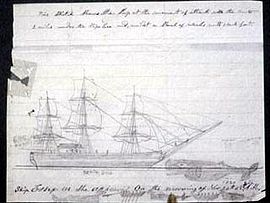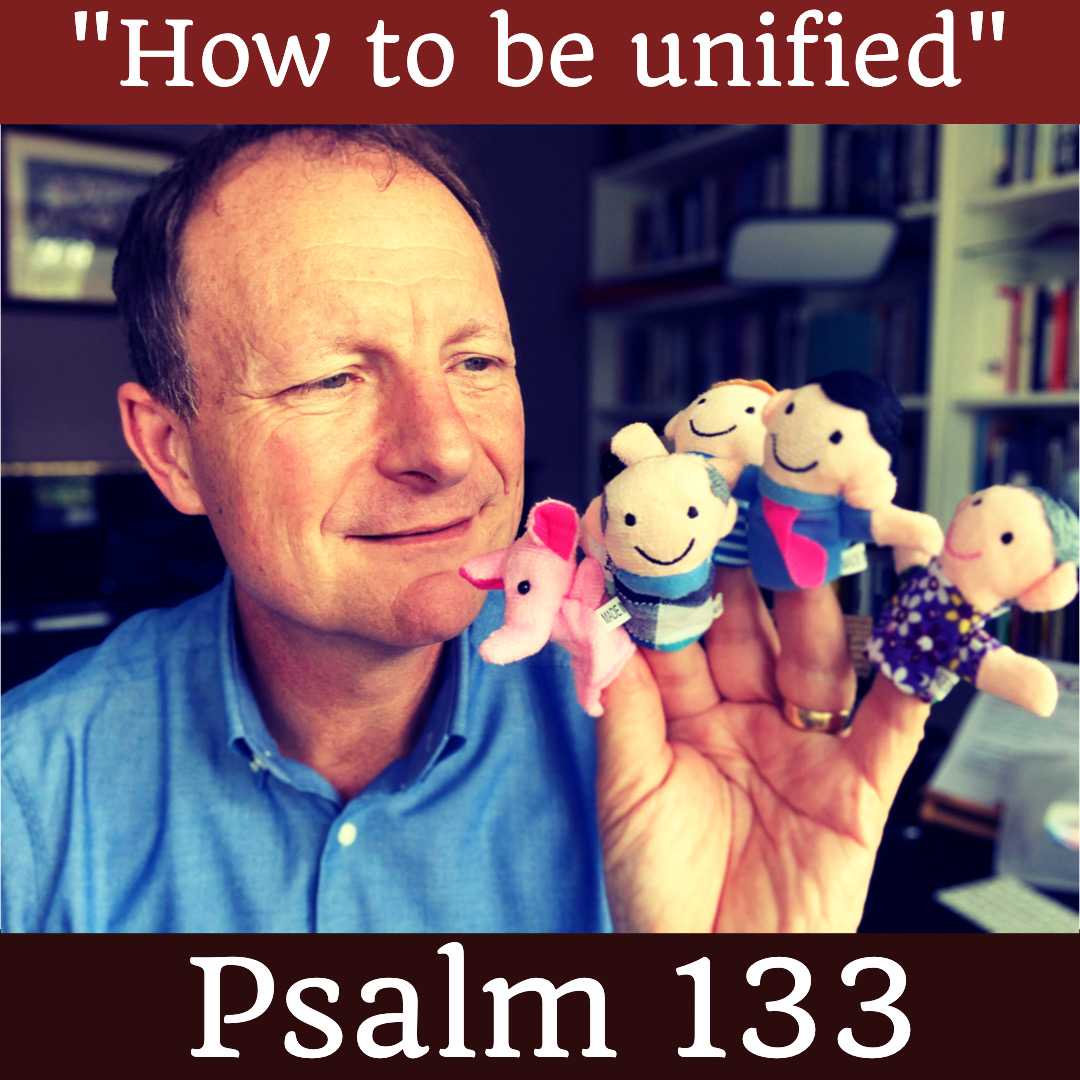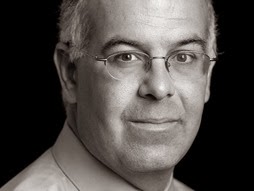Have you ever noticed that in attempting to avoid our fears we often find ourselves running into them full steam ahead?
A TED talk reminded me of this. In 1820 a whaling ship was sunk by a sperm whale (Melville used the incident as inspiration for Moby Dick).
The survivors were thousands of miles from land in small boats and with limited supplies.
They had three options,
- Head for the nearest islands (believed to be inhabited by cannibals)
- Head for other islands (the possibility of severe storms were in the way)
- Head for South America (the longest, but safest route, although supplies were likely to run out)
They chose option three. On the way some died and were eaten by the survivors and one was shot to provide food for the others in the boat. If they had chosen option 1 it is likely they would all have lived to tell the tale. But the ‘safest’ route proved to be the worst choice. In running from their fears of being eaten they arrived in a place where eating one another became acceptable.
King David sets us a good example in so many areas, but the way he dealt with his sons Amnon and Absalom is not one of them. Amnon raped Tamar – his half-sister and sister to Absalom (2 Sam 13.14). Absalom plotted revenge and killed Amnon (2 Sam 13.28-29). And David? He did nothing. Fear of losing his sons paralysed him. In the end Absalom’s contempt for his father led to a rebellion and David’s expulsion from Jerusalem (2 Sam 15.14).
How does it end? Absalom dies at Joab’s hand (2 Sam 18.9-15) and David mourns, “O my son Absalom! My son, my son Absalom! If only I had died instead of you—O Absalom, my son, my son!” (2 Samuel 18:33 NIV11). David lost his son. He lost what he feared losing because he refused to face the issues at an earlier opportunity.
We may not be struck by a sperm whale in the near future, but the next time you find yourself caught between unpleasant options it may be best to choose the scariest, not the safest. After all, God is with us in our fears, is He not?
Malcolm Cox




